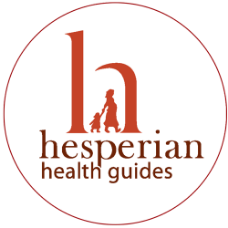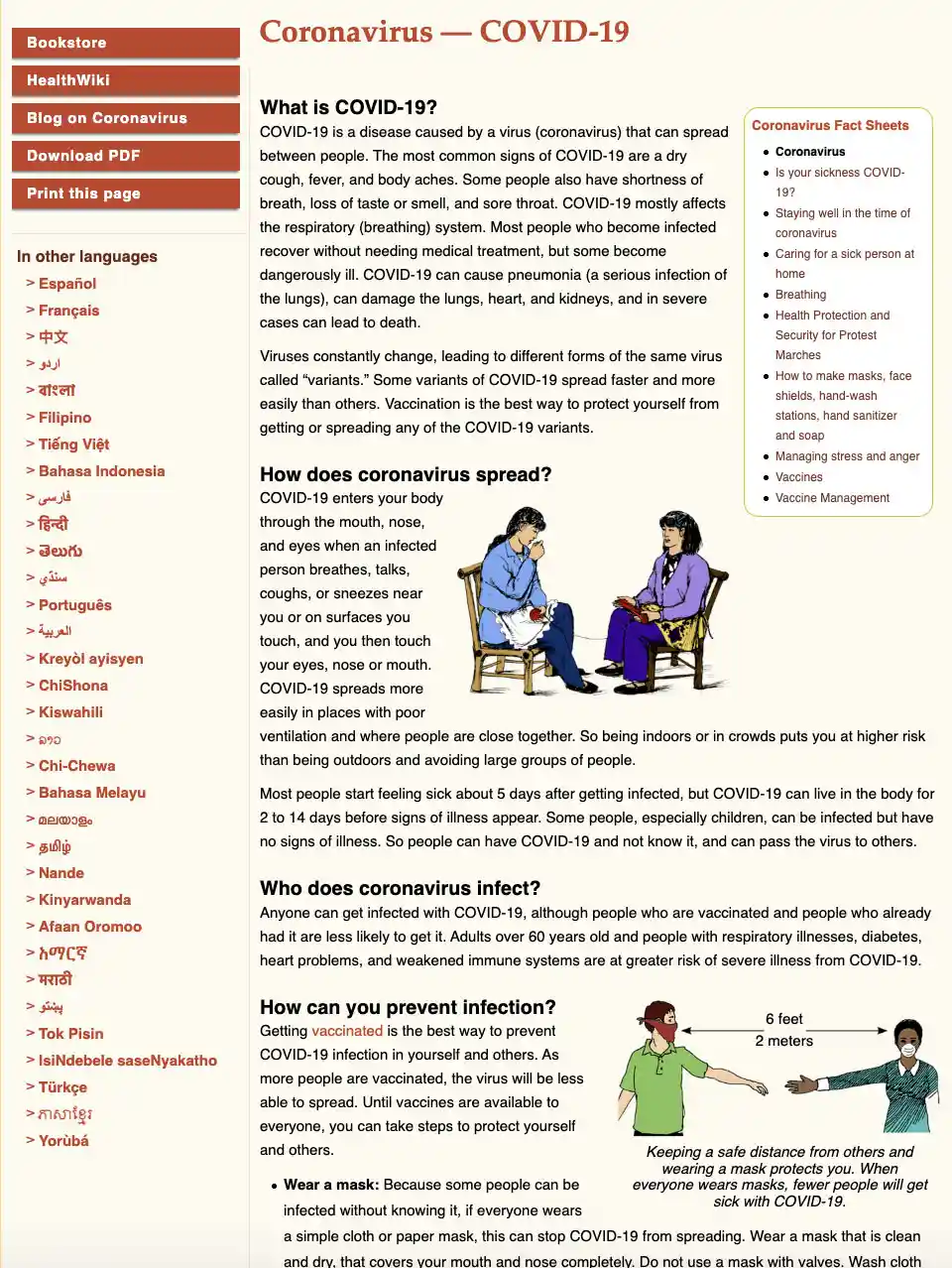UPDATE: Our Coronavirus (COVID-19) Fact Sheet is now available in 18 languages!
Here is the full list: Arabic, Bangla, Chinese, English, Farsi, Filipino, French, Haitian Creole, Hindi, Indonesian, Portuguese, Sindhi, Shona, Swahili,Telugu, Spanish, Urdu, and Vietnamese.
Para información sobre coronavirus en idiomas de Guatemala.
Coronavirus is all over the news and people are looking for how-to, actionable information on surviving the pandemic. But limiting advice and actions to improving individual or community hygiene is only washing our hands of the problem. To successfully defeat the looming epidemic, we have to change a health system that places profit over health. We have to recognize and address the political, social and economic factors –the social determinants of health — that govern how health or illness moves through our communities.
Most of what to do immediately about Coronavirus (or COVID-19) is already known: Wash your hands; don’t touch your face so often; stay home if you are sick. Clean surfaces often that are touched by multiple people. Since the virus is mostly transmitted by res
piration, cough or sneeze into your elbow, wear a mask if you are sick or around sick people, or stay about 6 feet away from people you speak with if you think the virus is active in your area. (See our COVID-19 Fact Sheet for more details.)
While individual action is important, it will not stop an epidemic, only collective action will. We have to start acting like the connections among us are not routes to transmit disease, but the channels through which we can defeat it. There are many actions and policies we can demand to lower the possibility that COVID-19 becomes epidemic in the United States:
1) Guaranteed income for people affected by the virus.
Most of us live paycheck to paycheck and cannot afford to stay home from work without pay. Quarantines are difficult enough for people without making them worse by causing financial disaster.
The federal government has refused to require employers to pay sick leave, and even states that do — California requires only 3 days a year – would not cover the time necessary for your quarantine, much less if your quarantine is because someone else in your household is sick. And how would people with the lowest wages survive, those in service or production jobs who cannot telecommute (as our health advisors so blithely suggest), if their employers shut down? If schools are closed to prevent disease from spreading, how will adults stay home with children and not lose their jobs or income?
In places like the Bay Area, where housing costs take the lion’s share of monthly expenses, it may also be necessary to declare mortgage holidays and a moratorium on evictions.
2) Free access to testing and treatment.
The cost of health care already stops people from getting timely testing and treatment for health problems. With coronavirus, our health system is a prescription for an epidemic.
The CDC bungled producing testing kits for COVID-19, and hospitals still have a shortage. People who have been tested are being charged thousands of dollars. When asked about treatment costs, HHS Secretary Azar refused to say treatment would be affordable: “We can’t control that price because we need the private sector to invest.”
If the US continues on the health-care–for-profit path, it insures the epidemic will be more widespread and more severe. Free access to testing and treatment for coronavirus is essential, as it is for other health conditions. Demand access to care now and in November don’t vote for anyone who doesn’t support Medicare for All – they’re basically telling you that saving your life is too expensive.
3) Prioritize reaching the most vulnerable communities
People of color and low-income communities have more exposure to disease and less access to health care facilities. We can’t perpetuate this injustice in our coronavirus response.
People already sick, especially those with breathing problems, have a higher chance of getting severely ill and dying from COVID-19. Environmental racism places factories and freeways disproportionately in poor communities of color, leading, for example, to 20% more asthma among African Americans. By prioritizing reaching communities marginalized by the medical system with necessary supplies, testing and treatment, we can slow the epidemic and begin to undo the deadly relationship of ill health, inequity and injustice.
These are all achievable demands. To win them, we have to organize pressure on our local, state and national governments from our neighborhood organizations, unions, churches, professional groups, and within the political parties that are contending for our votes this election year.
We can also organize locally to care for each other:
–Reorient your Neighborhood Watch or Earthquake Preparedness group to check up on your neighbors. Find out who is sick and who needs help.
–Expand the reach of Meals on Wheels and other such programs to feed those in quarantine.
–Volunteer and train others to be community health outreach workers to help answer questions and prepare your neighborhood for the coronavirus.
–Compensate “gig workers” who are the human backbone of food and supplies order and delivery apps for the time and disinfection supplies they need to safely support people stuck at home in quarantine.
What really stands out in the face of an epidemic like coronavirus is our leaders’ antagonism to the concept of “the public good” — unless it’s profitable, it just shouldn’t exist. Our public health systems have been weakened by millions of dollars of budget cuts, an opposition to regulation of both pollution and greed, and the refusal to build or maintain common infrastructure. If we are going to survive coronavirus with a minimum of deaths, we need to replace our health-for-profit system with one that recognizes that health is a human right.
 Helping Children Who Are Deaf
Helping Children Who Are Deaf

